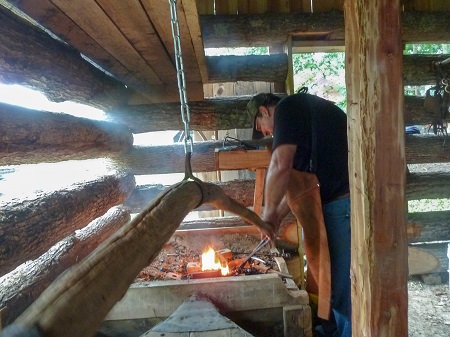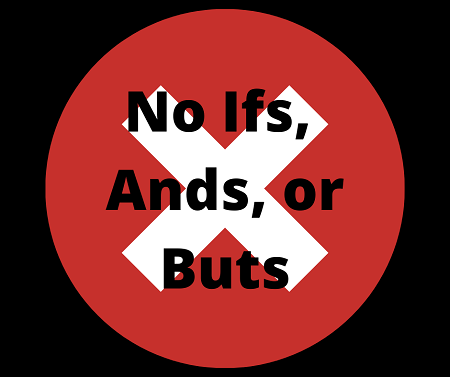Rat Race
As much as I hate rats, I feel sorry for them. The poor things never escape their rat race for survival. Not only do they compete against one another for food, people try to kill them.
A rat race means constant competition.
People compete for:
- Money
- Power
- Success
- Social status
They struggle against one another for the best position. Although they may not kill one another, they do often damage the work or reputation of competitors.
In addition, constant stress destroys people’s health. Intense pressure leaves little time to relax. Instead, they end up running on fumes.
Many people decide to escape their rat race.
 They choose a slower, more relaxed lifestyle.
They choose a slower, more relaxed lifestyle.
When I think of a rat race, I usually imagine big cities. I love to visit New York City, San Francisco, and Chicago. However, I never want to live there. I hate traffic jams and daily crowds.
Instead, give me country life with wide open spaces. My little garden spot of the world suits me fine. I prefer the middle of nowhere to crowded city streets.
Of course, people in the country live with stress too. A too-busy schedule happens everywhere.
All people need moments to relax.
A slower pace gives time to
- Enjoy the moment
- Experience all of life
- Recognize the importance of relationships
- Give of oneself for a greater good
Work hard, but live well.
“Always strive to do what is good for each other and for everyone else” (1 Thessalonians 5:15 NIV).
Thanks to Shelia Price for the suggestion. Photo by Rebekah Blocker on Unsplash.
Do you have an expression you want explained? If so, please comment below.
Subscribe to receive my weekly posts by email and receive a free copy of “Words of Hope for Days that Hurt.”
If you enjoyed this post, please share it with your friends.
 Anthony Salyers demonstrates the work of an old-time blacksmith shop during
Anthony Salyers demonstrates the work of an old-time blacksmith shop during  Anything piping hot is very hot.
Anything piping hot is very hot. I always wanted to hit a ball over the fence when I played softball. I never did. No matter how hard I would swing for the fences, I could not do it.
I always wanted to hit a ball over the fence when I played softball. I never did. No matter how hard I would swing for the fences, I could not do it. Do you have an expression you want explained? If so, please comment below.
Do you have an expression you want explained? If so, please comment below. “If you miss more than three classes, you fail. No ifs, ands, or buts about it.” Few students want to hear those words. Definitely not if they just missed a third class.
“If you miss more than three classes, you fail. No ifs, ands, or buts about it.” Few students want to hear those words. Definitely not if they just missed a third class. We often hear dogs chasing rabbits behind our house. They may or may not catch any rabbits. However, we know the chase ends when the barking stops.
We often hear dogs chasing rabbits behind our house. They may or may not catch any rabbits. However, we know the chase ends when the barking stops. Rabbits are fun when they cause no damage. Chasing rabbits is fun, if we eventually
Rabbits are fun when they cause no damage. Chasing rabbits is fun, if we eventually  Please welcome my friend Andrea Giordano as today’s guest writer. I met Andrea when she was Executive Director of TESOL and ESL Programs at
Please welcome my friend Andrea Giordano as today’s guest writer. I met Andrea when she was Executive Director of TESOL and ESL Programs at  Running on fumes means you are tired or have little emotional energy.
Running on fumes means you are tired or have little emotional energy.  My friend Martha said her father described a few of her boyfriends as not worth the salt that went in their bread. He meant they were not worth much.
My friend Martha said her father described a few of her boyfriends as not worth the salt that went in their bread. He meant they were not worth much. My friend Karen collects fabric. She sews it into clothing, curtains, cushions, and quilts. You name it, Karen sews it. She does the whole nine yards. She also makes it look as
My friend Karen collects fabric. She sews it into clothing, curtains, cushions, and quilts. You name it, Karen sews it. She does the whole nine yards. She also makes it look as  Karen sews about anything, and all her work is amazing. Other people run long distances, work years on projects, or never miss their favorite activities. Most of us spend time and money on our greatest interests.
Karen sews about anything, and all her work is amazing. Other people run long distances, work years on projects, or never miss their favorite activities. Most of us spend time and money on our greatest interests. “Are you ready?”
“Are you ready?”